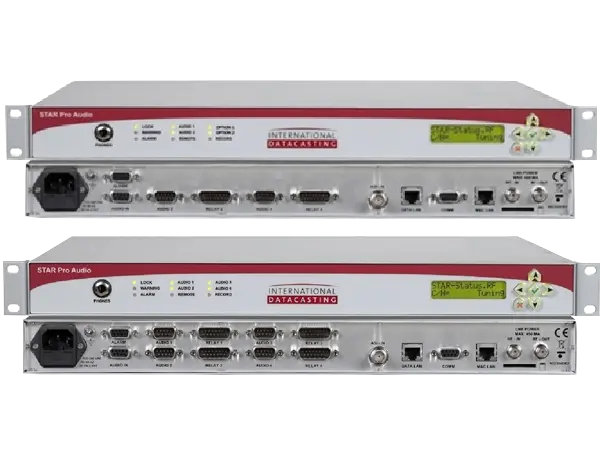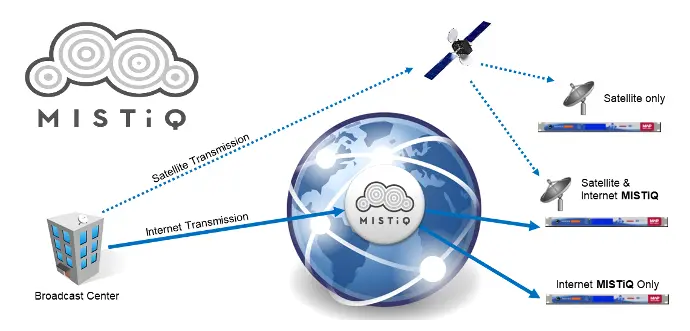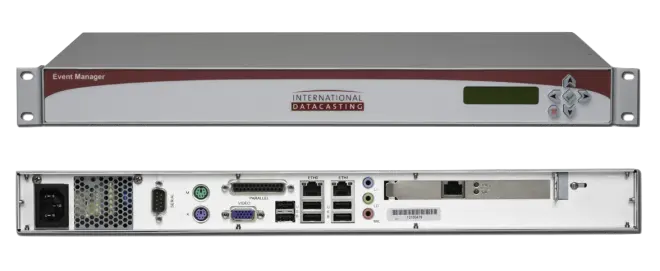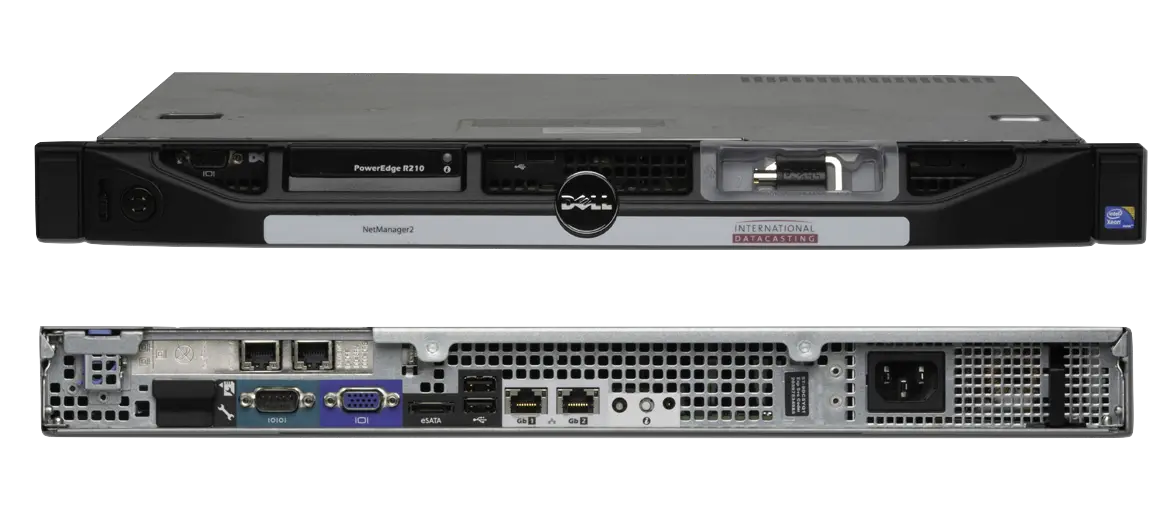STAR G2 Pro Audio Receiver
Targeted ad insertion, shared hub support, time-shifting and lower bandwidth requirements make this next-level solution unique

Reliable
High availability radio receiver, with no moving parts. Available in two or four-channel models.
Advanced Features
Supports content distribution for copy-splitting/local content insertion, built-in media recorder, and SD card for audio file storage
Field Upgradeable
Advanced features, as well as pre-emphasis and limiter functions, can be added with simple license upgrade
Overview
IDC's experience serving over 30,000 radio downlinks worldwide has led to this best-in-class solution. STAR Pro Audio Generation 2 (G2) increases ad revenues by offering ad insertion for regionalized and localized campaigns – plus it reduces costs by lowering the cost-per-channel and using less bandwidth.
STAR G2 is a professional DVB-S/S2 audio receiver with integrated advertisement and content playout system, offering live professional audio decoding and file playout. Available in two models - the STAR Two G2 is supplied with two audio decoders and the STAR Four G2 is supplied with four audio decoders
STAR G2 receivers are ideal for deployment at co-located radio stations or transmitter sites. Each audio decoder is independent of the other allowing maximum flexibility in data rates, codecs and sample rates: MPEG Layer 2 for existing DVB compatibility or new High-Efficiency Advanced Audio Coding (AAC HE) for the best audio performance at the lowest bit rate.
Copy Split – Ad Insertion
Provides the network the ability to target advertising to specific locations so each receiver in a network can play unique programs and advertisements
Shared Hub Support
Allows multiple radio networks to share a single 4-channel receiver (compared to each radio network deploying a standalone single-channel receiver.)
Pre-emphasis and limiter functions, ideal for FM broadcast networks
Efficient Bandwidth Usage
Requires up to 70% less satellite bandwidth than other systems





